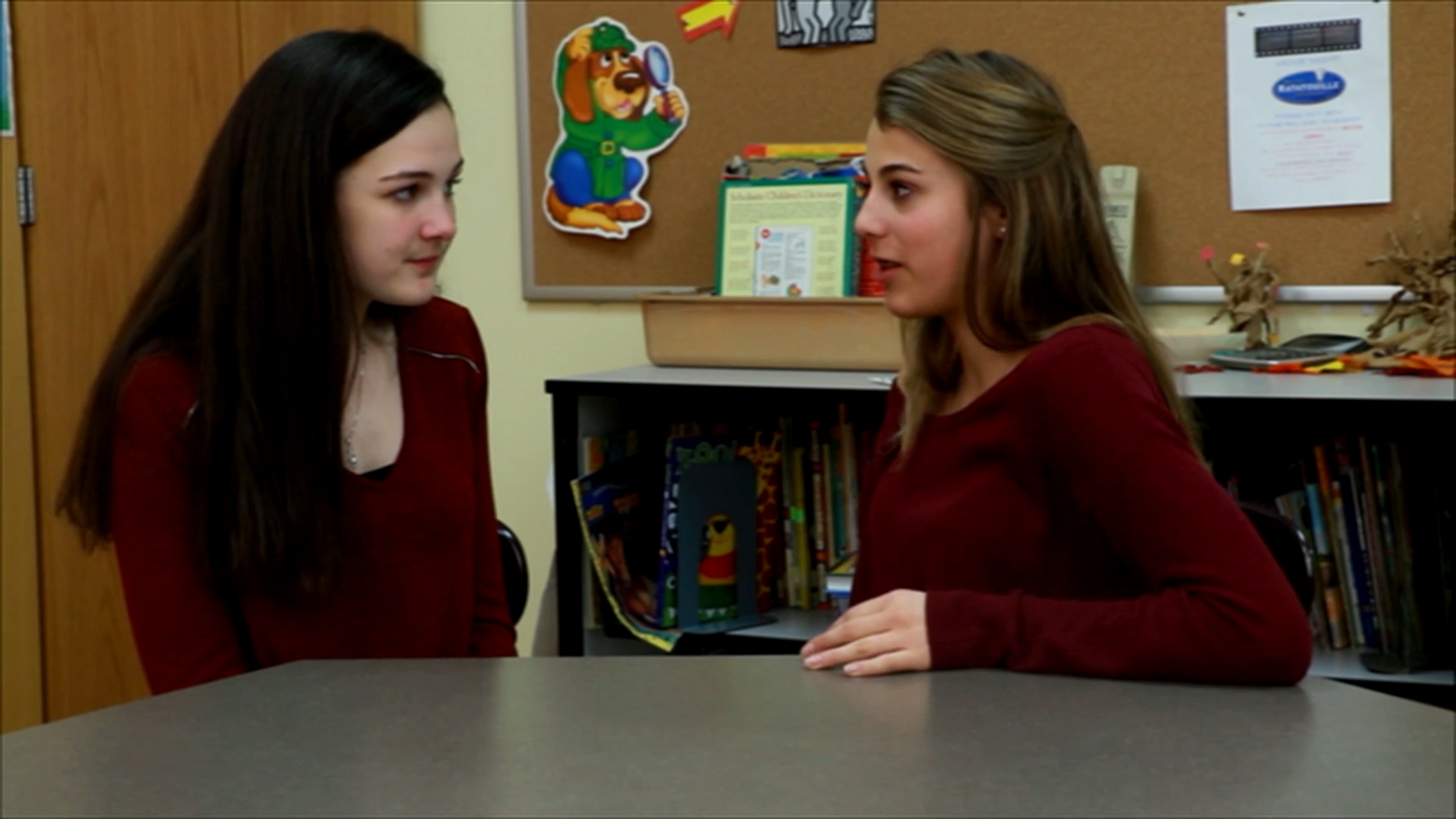
As educators, we understand the importance of teaching social-emotional skills to our kindergarten students. One essential skill is showing interest and active listening in conversations. This not only helps build strong relationships but also creates a positive learning environment. In this blog post, we will explore an engaging no-prep activity, thought-provoking discussion questions, and related skills to help you teach your students how to show interest and actively listen.
Introduction
Showing interest and active listening are crucial skills for young learners to develop. They involve using verbal and nonverbal cues, such as tone of voice, body language, and facial expressions, to demonstrate genuine interest in what others are saying. These skills not only promote healthy relationships but also foster a positive classroom atmosphere, where students feel heard and valued.
No-Prep Activity: Musical Conversations
This activity requires no preparation or materials, making it perfect for busy educators. Here’s how to conduct the “Musical Conversations” activity in your kindergarten classroom:
- Ask your students to sit in a circle.
- Select a student to start the conversation by sharing their favorite kind of music or a favorite song.
- The student to their right will respond by showing interest and active listening. Encourage them to use an excited tone of voice, ask follow-up questions, and use positive body language (e.g., leaning in, nodding, and using hand gestures).
- Continue the conversation around the circle, with each student taking turns sharing their favorite music and actively listening to their peers.
- After completing the circle, discuss the experience as a group, and highlight the importance of showing interest and actively listening in conversations.
Discussion Questions
Use these questions to stimulate further discussions about showing interest and active listening:
- How did it feel when someone showed genuine interest in what you were saying? How did it make you feel valued and heard?
- What are some other ways we can show interest and actively listen to our friends and classmates?
- Why is it important to show interest and actively listen in conversations, both inside and outside the classroom?
- How can showing interest and actively listening help us make new friends and build strong relationships?
- How do you think our classroom environment would change if everyone practiced showing interest and actively listening during conversations?
Related Skills
Teaching kindergarteners to show interest and actively listen is just one aspect of fostering their social-emotional development. Here are some other related skills that you may want to explore in your classroom:
- Empathy: Understanding and sharing the feelings of others.
- Respect: Treating others with kindness and valuing their opinions and feelings.
- Collaboration: Working together with peers to achieve a common goal.
- Communication: Expressing thoughts and feelings clearly and effectively.
- Self-awareness: Recognizing and understanding one’s own emotions and actions.
Next Steps
Now that you have some ideas and resources to teach your kindergarten students how to show interest and actively listen, it’s time to put these strategies into practice. To access more activities and resources that support social-emotional learning, sign up for free samples at Everyday Speech. You’ll find a wealth of materials designed to engage your students and help them develop essential social-emotional skills for success in and out of the classroom.

